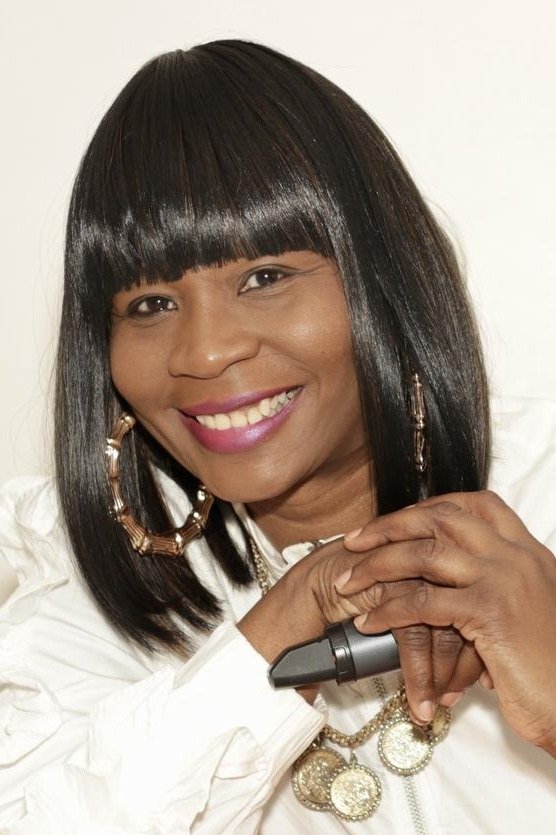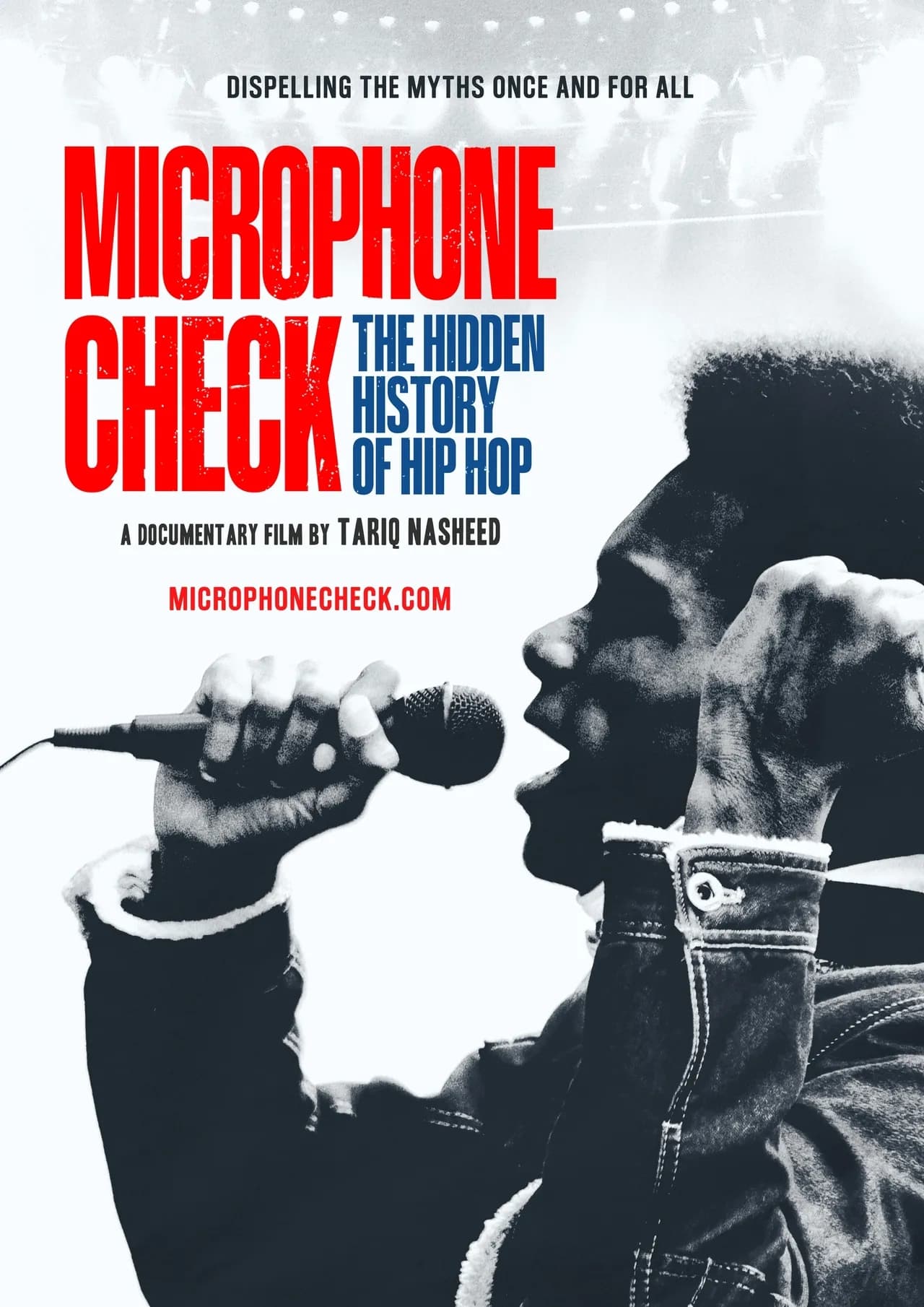

Debbie D is a Pioneer MC and one of the Mothers of Hip Hop Culture. Born in Harlem, New York, Debbie D honed her oratorical skills as a child while singing, speaking and writing poems in church and afterschool programs. As a teen, she relocated to the Morrisania Section of the South Bronx during the height of gangs, violence and urban decay but also the rise of Hip Hop. In 1977, Debbie D would hit the mic as one of hip hop's earliest female Emcees. Later, as the only female in an all male crew, she performed shows with DJ Patty Duke & Jazzy 5 until the crew disbanded. Self titled the Grand Mistress because of her lyrical skills, in 1981, Debbie D stepped on stage as hip hop's First Female Soloist, shattering the glass ceiling for women rappers! Accompanied by a female DJ, on cassette tapes, MC Debbie D could be heard utilizing her lyrical skill, bodacious voice and showmanship in male dominated battles and performances, to emerge as New York's No. 1 female rapper; a feat she would achieve without a rap record! While building her reputation in hip hop, simultaneously, Debbie D earned an Associates of Arts Degree and was employed as a Legal Secretary in affluent NYC law firms. With a lucrative income, Debbie D, a Fly Girl, is first to brand couture clothing into her rap performances, prior to its popularity today! In 1984, Debbie D appeared in Beat Street with Us Girls, a pioneer rap trio and the first female rappers to appear in a motion film. Their song, Us Girls Can Boogie Too, which appeared on the movie soundtrack, became a catalyst, inspiring girls worldwide to become involved in hip hop. The trio also recorded New York City Breakers, the first rap record for Bboys. Shortly after, Debbie D resumed her career as a solo rapper and recorded Tom, Dick and Harry and The Other Woman. She was also a member of the legendary Juice Crew, who recorded Evolution; Debbie D's rap highlights abolitionist, Harriet Tubman. Today, Debbie D is a Hip Hop Scholar/Historian and uses her knowledge as a pioneer to converse on the origin of hip hop, complemented by her specialty as a Historical Flyer Expert (Flyerologist). As an artist, Debbie D is esteemed as the first Pioneer In Residence at NJPAC's Hip Hop Program, specializing in Rap and Performance and also serves as a Teaching Artist throughout NJ Public Schools. Academically, Debbie D holds six earned degrees including a Ph.D. She is an Ordained Reverend and the first rapper turned preacher. Residing in Northern New Jersey, she is presently working on a memoir

Microphone Check stands as a groundbreaking documentary offering a compelling...